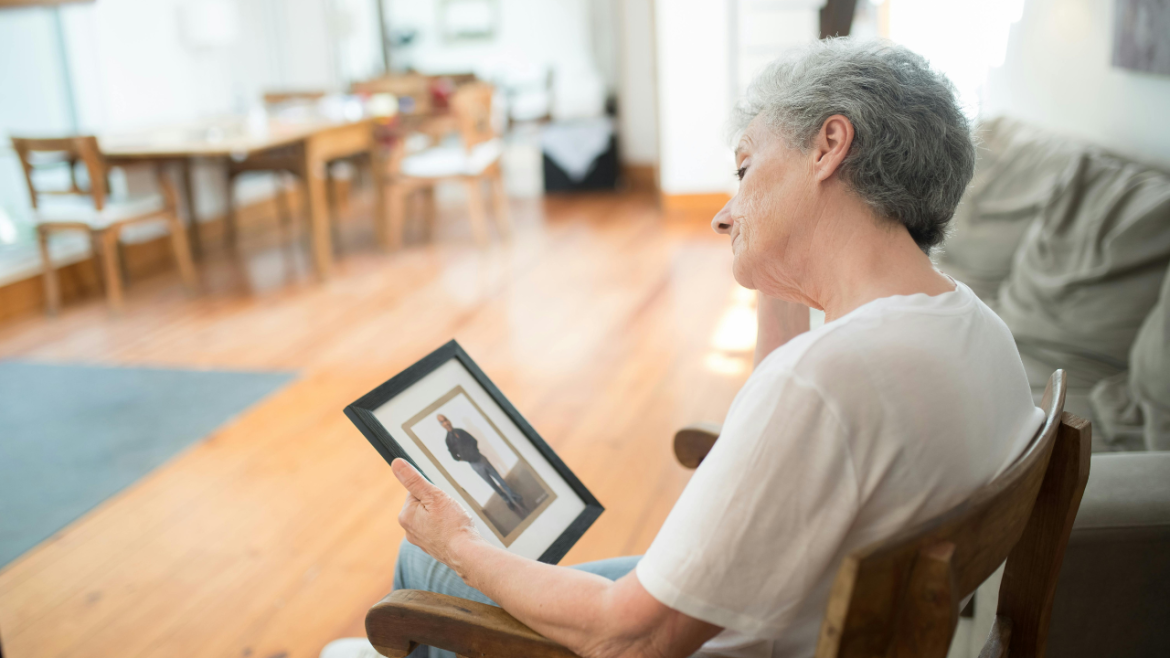The Dangers Of Senior Loneliness
Loneliness is more than an emotion—it is a quiet condition that can slowly affect both the body and the mind. For seniors, it often arrives unnoticed, creeping in as family members grow busy, friends move away, or health challenges limit independence.
What begins as solitude can transform into something far more dangerous: isolation that erodes confidence, weakens health, and dims the spirit. Understanding the dangers of senior loneliness is not just about compassion; it is about recognizing that emotional disconnection has real physical consequences.
The Hidden Impact Of Loneliness
Loneliness among seniors is not simply a lack of company. It is a profound feeling of being unseen, unheard, and forgotten. Studies have shown that prolonged loneliness can be as harmful to health as smoking or obesity. The body responds to emotional isolation by increasing stress hormones, weakening the immune system, and disrupting sleep patterns. Over time, these changes can lead to higher risks of heart disease, high blood pressure, and cognitive decline.
Beyond physical health, loneliness deeply affects emotional well-being. Seniors who feel isolated are more likely to experience depression, anxiety, and hopelessness. The loss of social interaction dulls mental stimulation, leaving the mind less active and engaged. Without regular conversations, laughter, and shared experiences, many begin to feel detached from the world they once thrived in. This emotional void can make daily life feel heavier and less meaningful.
The Connection Between Loneliness And Cognitive Decline
One of the most concerning dangers of senior loneliness is its connection to cognitive decline. The brain, like a muscle, weakens when it is not exercised through conversation and engagement. Seniors who spend long stretches alone are more likely to experience memory loss and reduced cognitive function. Social interaction, even in small doses, stimulates the brain, keeps thoughts sharp, and helps preserve memory.
When loneliness persists, it often leads to reduced motivation and a withdrawal from daily activities that once brought joy. This lack of mental engagement can accelerate conditions such as dementia or Alzheimer’s disease. In contrast, seniors who regularly interact with others—whether through phone calls, visits, or group activities—tend to maintain stronger mental resilience. The mind thrives on connection, and isolation deprives it of the stimulation it needs to stay healthy.
Physical Health And Emotional Decline
The link between loneliness and physical decline is undeniable. Seniors who feel isolated often neglect essential aspects of their health, including diet, exercise, and medication schedules. Without someone to encourage or share meals with, appetite diminishes. Movement becomes less frequent, and strength gradually fades. Loneliness can even alter how the body perceives pain, making discomfort feel more intense and recovery from illness slower.
Emotional distress further complicates this cycle. Feelings of sadness or abandonment can lead to chronic fatigue, insomnia, or lack of motivation. As energy levels decrease, daily activities become more difficult, reinforcing isolation. What begins as emotional pain slowly becomes physical weakness, trapping seniors in a pattern that is hard to break. The human body was never meant to exist without companionship; it depends on connection to sustain health and vitality.
The Emotional Weight Of Disconnection
Loneliness also affects the heart in ways that cannot be measured by medical tests. Many seniors feel invisible, as though the world has moved forward without them. They may grieve the loss of friends, partners, or routines that once gave their lives meaning. This emotional pain often goes unnoticed because it is silent, hidden beneath polite smiles and quiet responses. Yet the ache of isolation is real and heavy.
When seniors feel emotionally disconnected, their sense of purpose begins to fade. They may question whether their presence still matters. Over time, this emotional void can deepen into depression, making even small moments of happiness difficult to find. However, when a loved one reaches out, listens, and shares genuine warmth, it can reignite a spark of hope. Human connection has the power to heal wounds that medicine cannot.
A Path Toward Connection And Healing
The dangers of senior loneliness remind us that connection is not optional—it is essential. Every phone call, visit, or shared conversation acts as a bridge between despair and hope. Even small gestures can restore a sense of belonging, reminding seniors that they are still valued and loved. Companionship nourishes the soul, strengthens the body, and calms the mind.
Families, caregivers, and communities all play vital roles in reducing isolation. By creating opportunities for interaction—whether through community events, social programs, or simple daily check-ins—lives can be changed. Healing begins not with grand gestures but with consistent kindness and presence.
Loneliness does not have to define aging. With compassion, awareness, and a commitment to connection, seniors can rediscover purpose and joy. The heart thrives when it feels seen, and the mind stays sharp when it feels engaged. The danger of loneliness fades the moment someone reaches out with understanding and care. And in that moment of connection, healing begins—not just for seniors, but for everyone who learns that love and companionship are the most powerful medicines of all.

